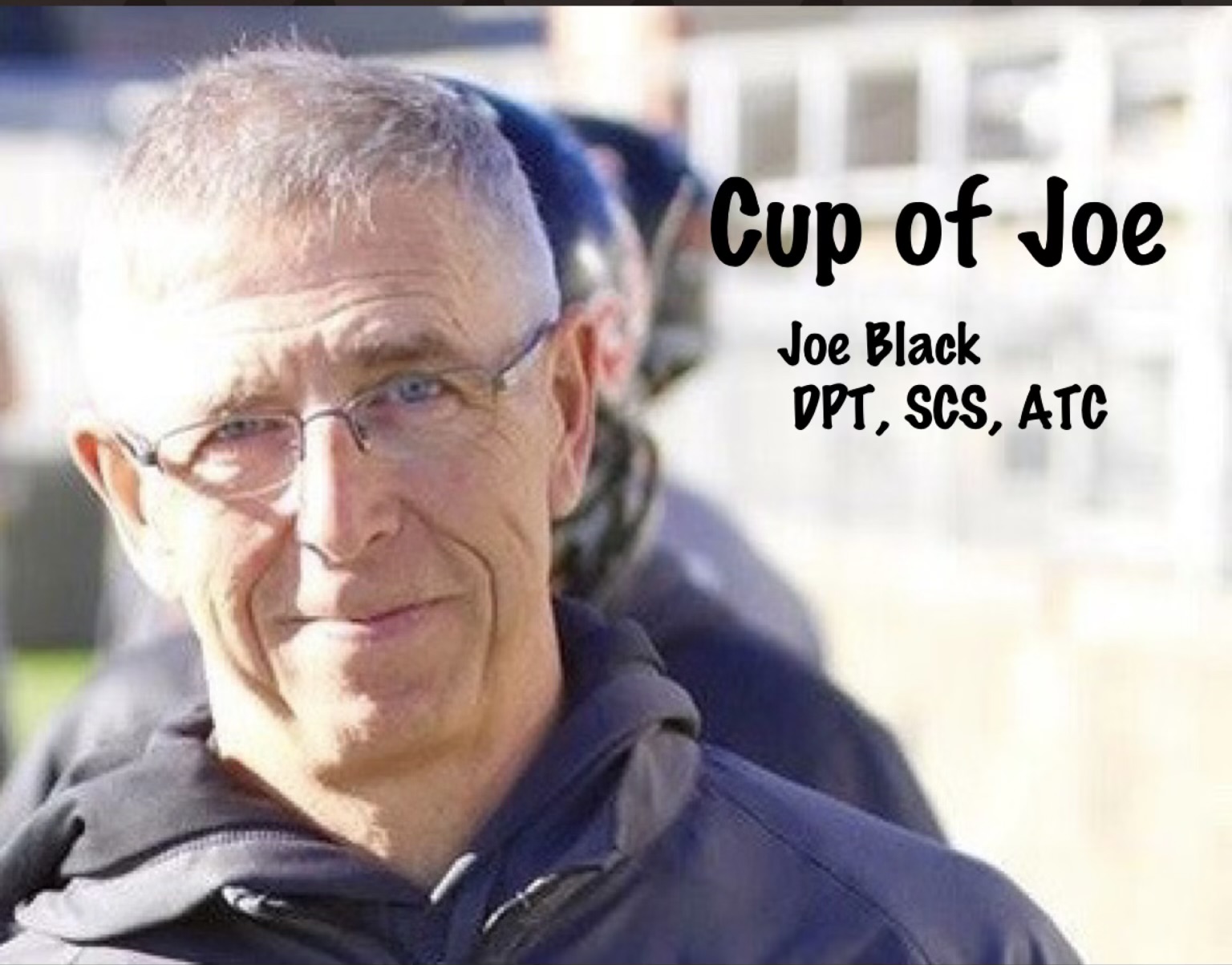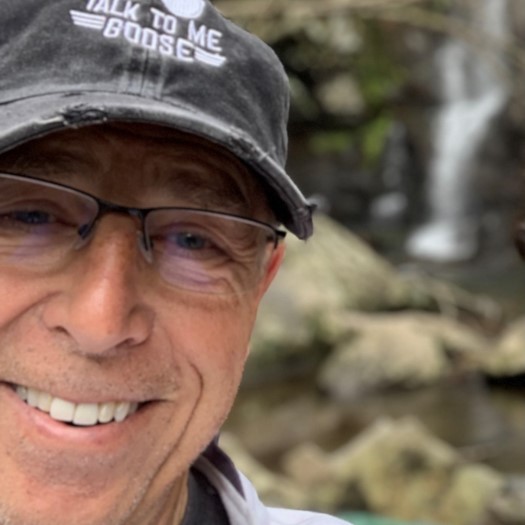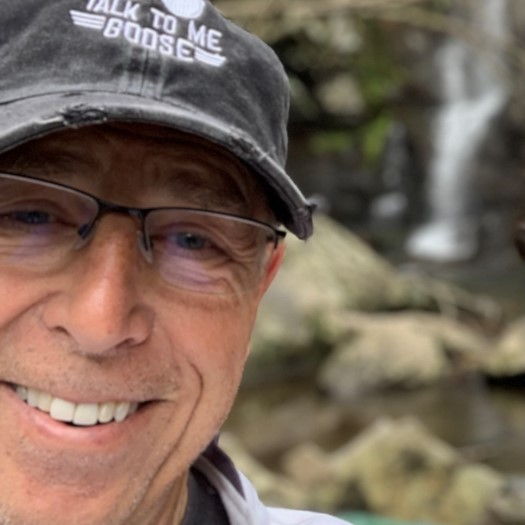I’ve been thinking about my Dad lately. I wasn’t sure why
but then I realized that January was the month of his birth and of his death. I
don’t remember birthdays particularly well, but I remember his. January 20th,
1913.
And for some reason, the date of his death has stuck with me
too—Janary 27th, 1997 84 years and a week apart. He shouldn’t have
lived that long. No way. He had his first heart attack at age 45, when men
didn’t last long when they started that young. He had several more but they
didn’t kill him.
The science of cardiology in 1958 was nothing like it is
today. Back then, they would put you on blood thinners and tell you to go home
and sit. No physical exertion. No exercise. No excitement.
We dried clothes on an outdoor line (ask an old person) but
cardiac patients weren’t allowed to even reach overhead. He and I built this
step thing to where I could hang clothes on the clothesline. He made regular
visits to the hospital lab for blood work, monitoring the effect of the
Coumadin that he took for decades and which ultimately killed him.
Today, it is completely different. Stents placed in the
arteries of the heart have transformed cardiac care. We now know that exercise
is essential for cardiac rehabilitation, and that reaching over your head is
completely OK. New medicines, new techniques, new technology, all mean a longer
and healthier life for those having suffered a heart attack. But that wasn’t
the case back then.
At 13, I built a tree house in the back yard while he sat in
a lawn chair down below and coached me through it all. He would listen to my
football games on the radio, because those games really excited him.
My dad wasn’t a big man, standing but 5 feet, 6 inches tall
and weighing maybe 145 at his biggest, but he could outwork men twice his size.
His reputation at the factory where he worked before he had to retire early was
that of someone that could always be counted on to get the job done. And then
he would turn around and help you do your job too.
I know that because when I worked at that same job during
college summers, the expectations for “Carl’s kid” were immense. Uneducated and
having never worked at anything that wasn’t hard labor, he still set a high bar
for everything I ever aspired to do.
He raised a garden, bees, grapes, and cherries. Since he couldn’t lift much because of his
heart, I did the labor. My first Boy Scout merit badge was beekeeping because
at 11, I was an experienced beekeeper.
There was a lot about my dad that I didn’t know much about
and I will always regret that. During the Great Depression, he lived alone in a
basement room in Knoxville and worked at a dairy. That’s all I know. It was
only when I was going through some old photos after my Mom died that I
discovered that they attended the opening of the GSMNP at Newfound Gap.
I didn’t know that at all. I also have a photo of my Dad
standing at the precipice of Bald River Falls. I was never brave enough to do
anything like that.
He never got to play sports of any kind. He dropped out of
school after the 6th grade and went to work in a factory after his
dad died. In recent weeks, I’ve written about missed opportunities and he sure
had them.
No school, the Great Depression, World War II, a new father
at 40. What a life! He always loved motorcycles and one of my favorite photos
is of him standing beside one, it had to be in the 30’s, leather helmet on his
head, surrounded by a snowy street. He once told me he had pounded nails in the
hard rubber tires to give him traction in the snow.
What would have been his sport if he had the opportunity?
Today, I bet he would be a wrestler. He was tough as nails and, pound for
pound, the strongest person I’ve ever known. Or a distance runner. He could
outwork anybody. Maybe he would have defied all odds and been a tough-nosed
football linebacker.
Oh wouldn’t that have been something to see! Happy birthday Dad.




